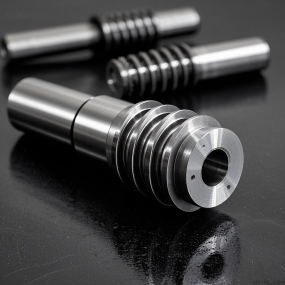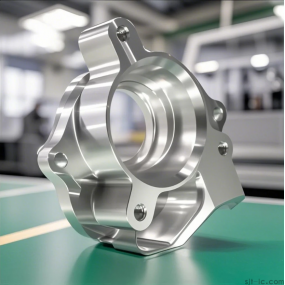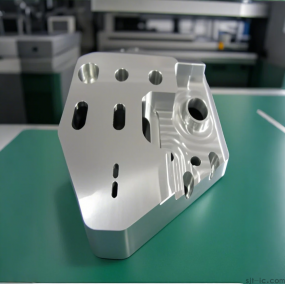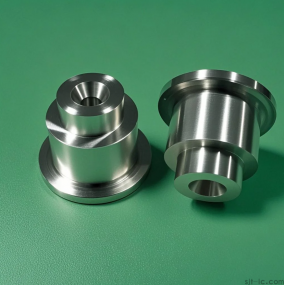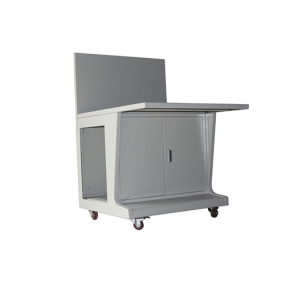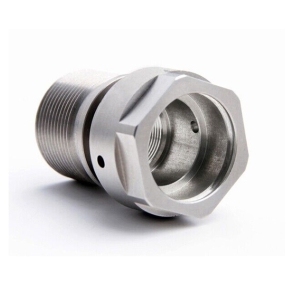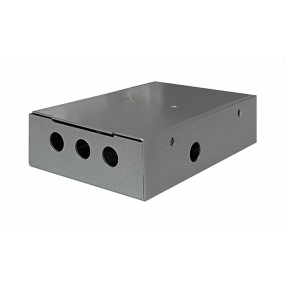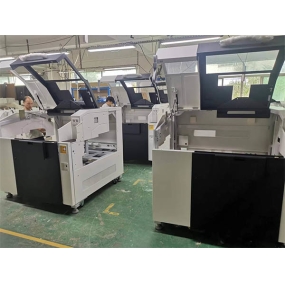Understanding CNC Machining Steel: Key Processes and Advantages
CNC machining steel is a highly precise manufacturing method used to produce durable and complex metal components. Steel, known for its strength and versatility, is widely used in industries such as automotive, aerospace, and industrial machinery. The process involves computer-controlled cutting tools that remove material from a steel workpiece to achieve the desired shape and dimensions.
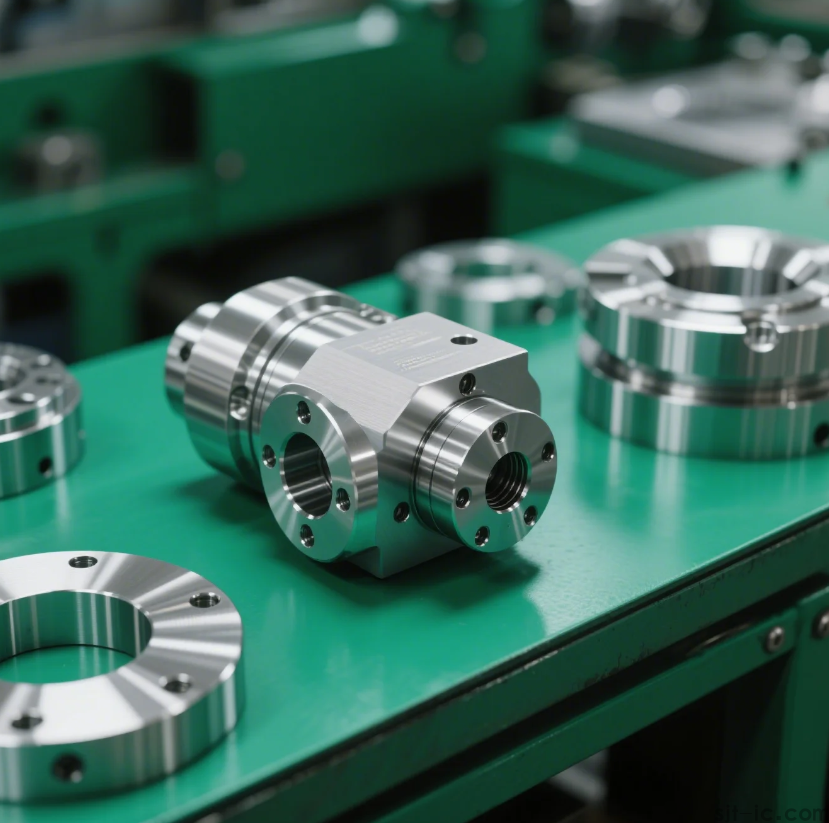
Key Steps in CNC Machining Steel
The CNC steel machining process typically includes the following stages:
Material Selection: Choosing the right steel grade (e.g., carbon steel, alloy steel, or stainless steel) based on application requirements.
CAD/CAM Programming: Designing the part in CAD software and converting it into machine-readable G-code.
Tool Setup: Selecting appropriate cutting tools (carbide or high-speed steel) for milling, turning, or drilling.
Precision Machining: Executing high-speed cutting with tight tolerances (often within ±.005mm).
Finishing: Applying surface treatments like grinding, polishing, or coating for enhanced performance.
Why Choose EMAR for CNC Steel Machining?
At EMAR, we specialize in high-precision CNC machining of steel, offering:
Advanced 5-axis CNC machines for complex geometries.
Strict quality control (ISO 9001 certified).
Expertise in machining hardened steels (up to HRC 60).
Fast prototyping and bulk production capabilities.
Our team ensures cost-effective solutions without compromising on accuracy or durability. Visit our website to explore our CNC steel machining services.
Applications of CNC Machined Steel Parts
From gears and shafts to hydraulic components and molds, CNC-machined steel parts are critical in demanding environments where strength and precision are paramount. Our clients in automotive and heavy industries rely on EMAR for consistent, high-quality machined steel components.


 Spanish
Spanish Arabic
Arabic French
French Portuguese
Portuguese Belarusian
Belarusian Japanese
Japanese Russian
Russian Malay
Malay Icelandic
Icelandic Bulgarian
Bulgarian Azerbaijani
Azerbaijani Estonian
Estonian Irish
Irish Polish
Polish Persian
Persian Boolean
Boolean Danish
Danish German
German Filipino
Filipino Finnish
Finnish Korean
Korean Dutch
Dutch Galician
Galician Catalan
Catalan Czech
Czech Croatian
Croatian Latin
Latin Latvian
Latvian Romanian
Romanian Maltese
Maltese Macedonian
Macedonian Norwegian
Norwegian Swedish
Swedish Serbian
Serbian Slovak
Slovak Slovenian
Slovenian Swahili
Swahili Thai
Thai Turkish
Turkish Welsh
Welsh Urdu
Urdu Ukrainian
Ukrainian Greek
Greek Hungarian
Hungarian Italian
Italian Yiddish
Yiddish Indonesian
Indonesian Vietnamese
Vietnamese Haitian Creole
Haitian Creole Spanish Basque
Spanish Basque

